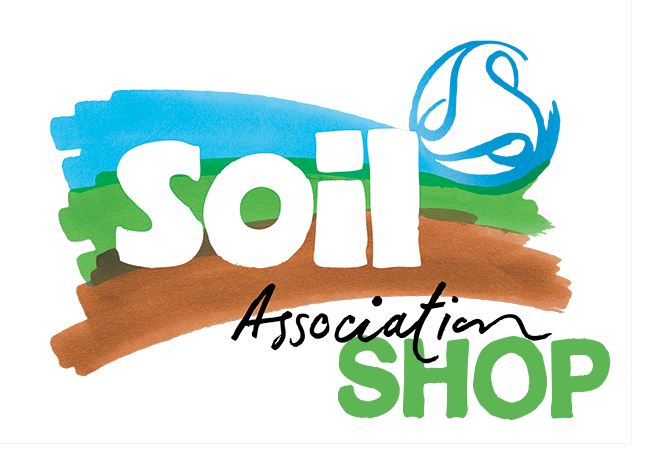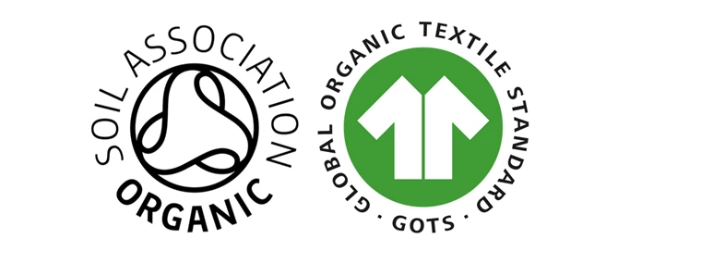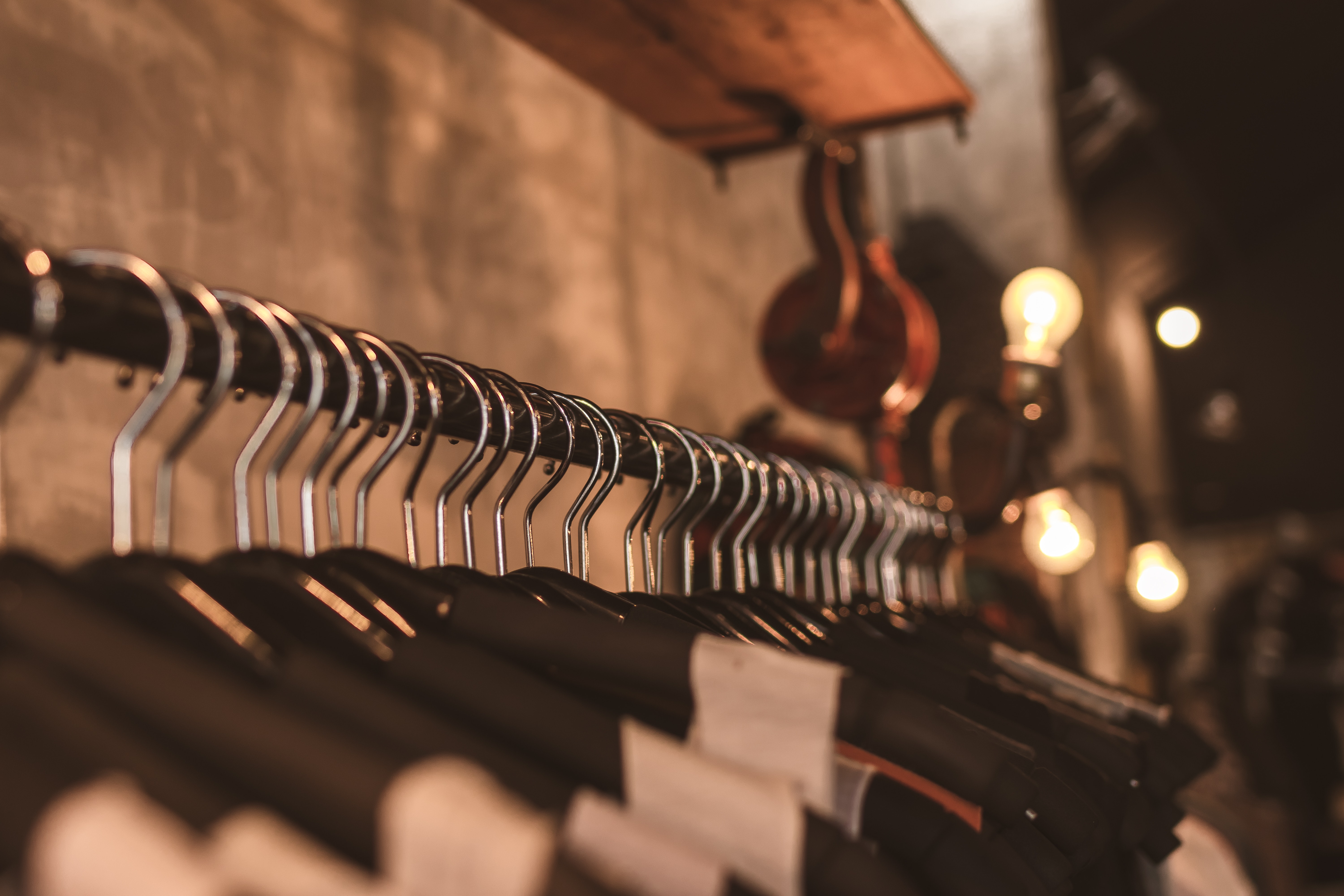
- Soil Association
- Take action
- Organic living
- Fashion and textiles

Organic fashion and textiles
Why is organic important when it comes to what we wear?
We are in a climate emergency. Textiles is the world’s second most polluting industry, and fast fashion is a big part of the problem. You can help by choosing organic clothes and textiles. It's better for the environment, for people and nature too.
-
![]()
Organic cotton
Find out why organic cotton is better for people and the planet
-
![]()
Our certified brands
Take a look at the organic fashion and textiles brands we certify
What’s the problem with fast fashion?
The fashion industry is the second-biggest consumer of water. It's responsible for 8-10 percent of global carbon emissions. That's more than all international flights and maritime shipping combined.
We’re buying five times more than we did in the 1980s. Yet, it's estimated that we've only worn one third of the clothes in our wardrobes in the last year.
One answer to fast fashion is to buy less, but buy sustainable, eco-friendly, organic clothing.
What are organic fashion and textiles?
Most organic clothing is made from cotton. But, organic textiles can come from other materials too, such as hemp, flax (linen) and wool. These fibres come from crops or animals that are grown or raised on organic farms. The way that we farm makes a big difference to their environmental impact.
Organic farming protects animal welfare and uses natural methods to grow crops. Organic farmers don’t use dangerous synthetic pesticides. This is better for the soil and better for the farmers as they aren’t putting their health at risk to make our clothes. Genetically modified (GM) seeds are also banned. This gives farmers more control over the range of crops they grow.
Organic is a sustainable choice, but, when you see the word ‘sustainable’ on a label this doesn’t mean it’s organic. To be sure what you are buying is truly organic, look for one of the organic certification logos.
Which organic logos should I look for?
Clothes and textiles can be labelled as organic without being certified organic. Look for the Soil Association or Global Organic Textile Standard (GOTS) logos. This means the item has organic certification. It's made with organic fibres, to strict environmental and social standards where:
- workers' rights are protected
- working conditions are safe and hygienic
- only low impact dyes and inks are used
- wastewater is treated properly
- energy and water use is monitored

-
Find certified brands
Look for the logo to be sure of the quality, integrity and transparency of the products you're buying.
Find an organic brand
You can also find other brands who sell organic on the Good On You website or app. It's the world’s leading source for fashion brand ratings. It gives brands an easy to understand score based on how ethical and sustainable they are.
Sustainable Living Guide



